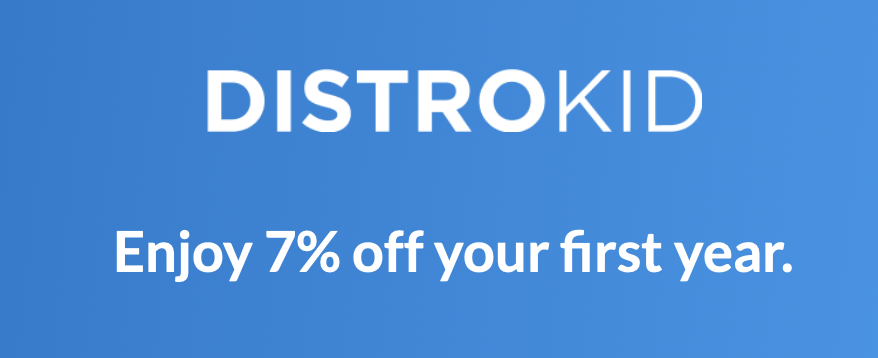AI: A Double-Edged Sword in the Battle Against Brand Spoofing for SMBs
Charles M. Walls | April 4, 2024 | Views: 220

In the rapidly evolving digital landscape, artificial intelligence (AI) is playing a dual role: while it's making it simpler for cyber adversaries to imitate brands, it's also empowering businesses to fend off these impersonations and other digital threats. This technological tug-of-war holds particular significance for small to medium-sized businesses (SMBs), which find themselves on both sides of this battle.
Contrary to common belief, brand impersonation doesn't only affect globally recognized brands; local and smaller brands are equally at risk. In some cases, it might even be easier and more rewarding for cybercriminals to mimic a lesser-known brand, such as a local credit union, than a behemoth like Bank of America, especially with AI tools that streamline the creation of deceptive content. However, the narrative doesn't end with AI serving the interests of cyber attackers. Security professionals are leveraging AI to develop sophisticated tools designed to detect and neutralize attempts at impersonation, providing a much-needed shield for organizations, particularly SMBs that might lack the resources for extensive cybersecurity measures.
Check Point Software's insights reveal a stark reality: businesses with no more than 100 employees are encountering an average of 255 cyberattacks per week this year alone, with brand spoofing standing out as one of the most damaging tactics. For a giant like Bank of America, such attacks are but a drop in the ocean. Yet, for a small credit union, the consequences can be devastating, potentially eroding trust, tarnishing the brand's reputation, and leading to direct financial losses. Jeremy Fuchs, a Harmony Email analyst at Check Point, highlights the severity of the situation, pointing out the ripple effects of brand spoofing on small businesses, from lost sales to the potential blacklisting of legitimate communications by major email providers.
Fuchs underscores a concerning trend: smaller entities are prime targets for hackers because they typically lack the robust cybersecurity infrastructure of their larger counterparts. This vulnerability, combined with a general underestimation of the threat level among small businesses and their customers, creates a perfect storm. Yet, the landscape is changing. Previously, phishing campaigns required significant effort, making larger organizations more appealing targets. Now, AI-driven chatbots enable hackers to craft convincing fake communications in mere minutes, leveling the playing field and putting every business at risk.
While cybercriminals have quickly adapted AI for malicious use, security experts are gradually harnessing this technology to bolster defenses. Training AI to recognize legitimate versus fraudulent content is a complex task, especially when safeguarding smaller businesses with less online presence. Dan Karpati of Check Point explains the challenge of identifying these smaller entities and describes the development of a system that learns from the legitimate online attributes of a brand to detect and flag imitations.
This AI-driven, cloud-based solution is a game-changer, capable of protecting thousands of businesses worldwide by scrutinizing new websites for signs of spoofing. Beyond AI, companies can adopt additional measures like DMARC, an email verification protocol, to further secure themselves against impersonation. Surprisingly, smaller businesses might find it easier to comply with DMARC than larger ones. Regular communication with customers and vendors about cybersecurity practices is also crucial in building a culture of awareness and defense.
The fight against brand spoofing and cyber threats is increasingly centered around AI, offering both challenges and solutions. As this technological arms race continues, adopting AI-driven security measures and other protective protocols becomes not just an option but a necessity for businesses aiming to safeguard their digital presence.











